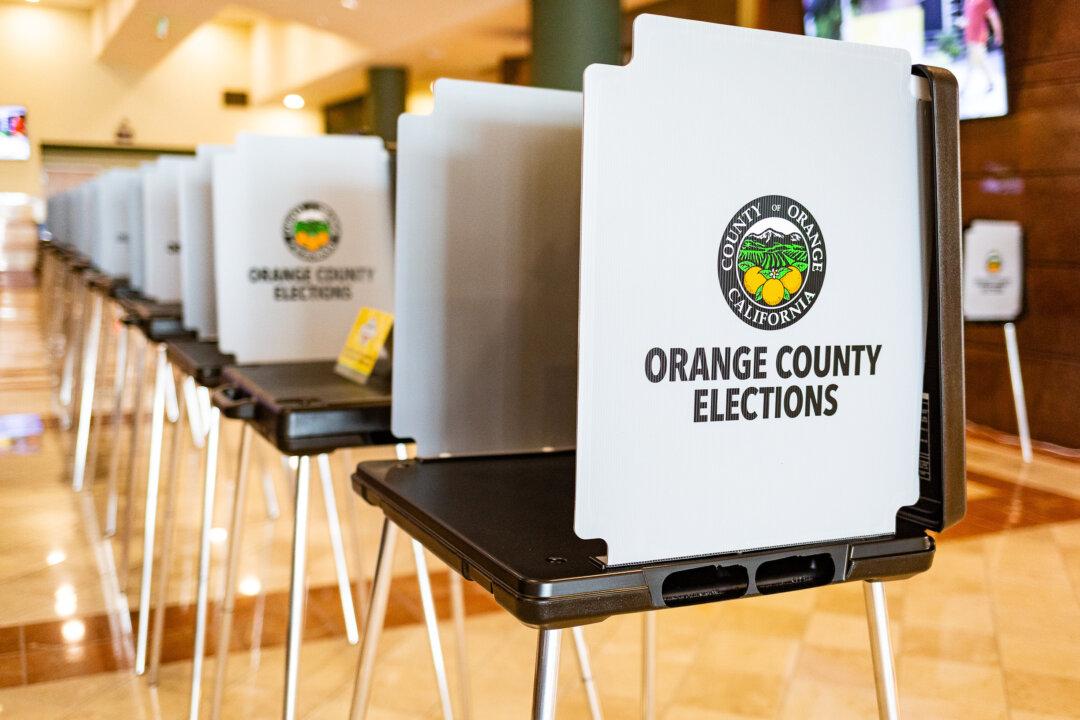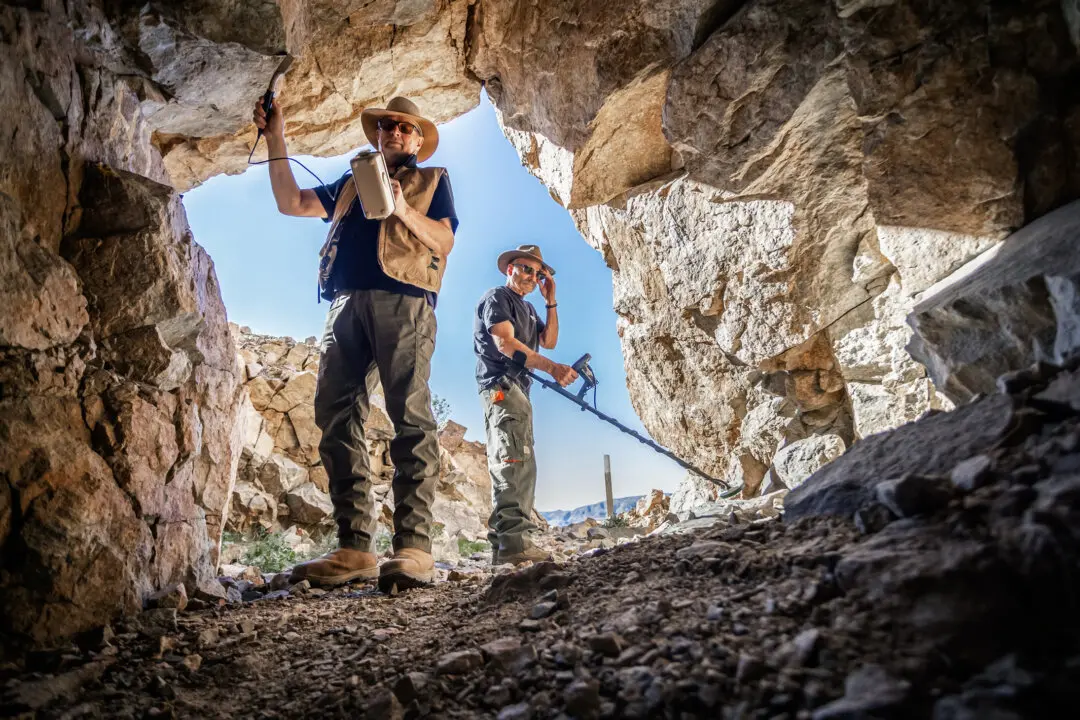An election watchdog group has raised red flags about problems with the voting process in Orange County, California.
Election Integrity Project California (EIPCa) identified several problems, including potential violations of voter privacy laws, poorly trained poll workers, malfunctioning systems, and observers being kept too far away to properly observe the counting of ballots.





